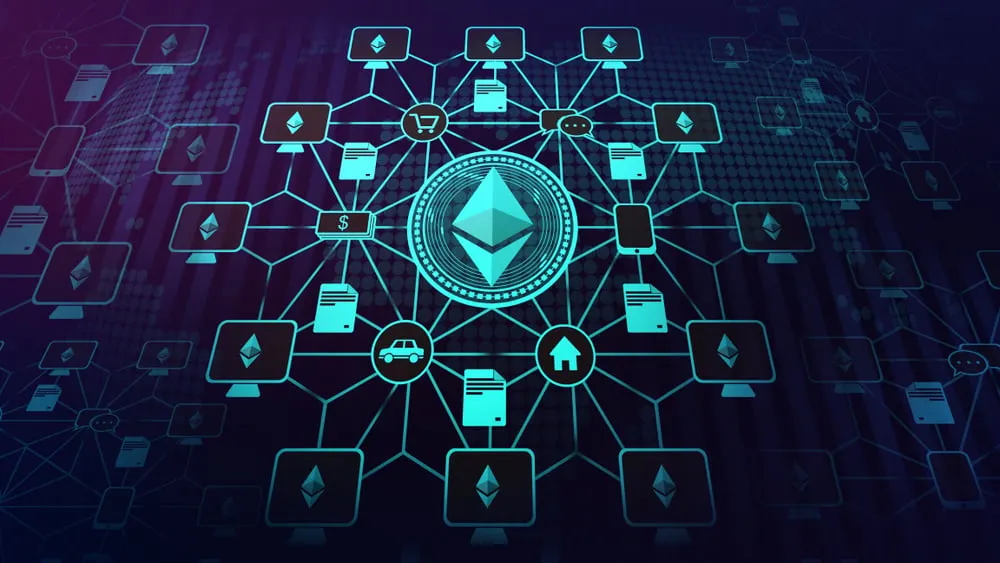Venture capital fund Framework Ventures is investing heavily in the decentralized finance industry, also known as DeFi. The San Francisco-based firm believes that the industry is going to become a $3 billion-plus industry this year, and will bring major financial institutions on board.
The firm was built by Michael Anderson, 29, who grew up in the Bay area, and has spent his career working for major tech companies such as Dropbox and Snapchat, along with his co-founder, Vance Spencer, 28, who’s worked for Netflix. They claim it is the largest owner of decentralized oracle provider Chainlink’s native token LINK and SNX, the native token of decentralized trading app Synthetix. (That is, if you don’t include the large stash held by the Chainlink team itself).
“We fully bought into this narrative that DeFi is going to be the sub-market in the blockchain space that takes off first,” Anderson told Decrypt.
Spencer said that DeFi was finding its feet in 2019, and trying to build a minimum viable product. The one issue holding it back has been the scalability of the Ethereum blockchain platform, which most DeFi assets are built on. But, he’s confident that solutions are around the corner.
“2020 is really the year that it scales. By the end of 2020, we think there will be $3bn plus of DeFi assets,” he said.
For Spencer, new, high-quality products will increase interest in DeFi and bring on board major financial institutions. Spencer points to permissionless stablecoins, like MakerDao’s DAI stablecoin, which uses collateralized debt positions to keep a peg with the US dollar, and DeFi products that offer undercollateralized loans and consumer insurance.
In addition, the derivatives market in crypto and traditional finance is hugely lucrative, and “ripe for disruption by decentralized entities,” he said. These will get easier to use, said Spencer, and expand DeFi's reach beyond its current audience of speculators and gamblers.
But, despite the attention on Ethereum in the DeFi space, Spencer reckons other blockchain projects might steal its thunder. Framework is betting on Cosmos, a decentralized network of blockchains.
Cosmos also uses a proof-of-stake consensus mechanism, where token holders keep the network safe from attack. As Decrypt reported, proof-of-stake coins have been outperforming proof-of-work coins, like Bitcoin, in recent months.
A new age of investing
Framework’s adopted a new strategy to make the most of their low-eight-figures fund. The duo believe a new age of venture capital is upon us, known as “Network Capital.” Rather than just hold onto the asset, this type of investing aims to be more holistic.
“The traditional venture capitalists were just buying and holding these assets; tech companies were building on top of these platforms; and hedge funds were just trading these assets,” Anderson said, adding, “And it was our belief that if you're going to be investing in networks, it requires a new hybrid model where the stakeholders are doing all three.”
Framework is going beyond passive investment by engaging with the companies and people building DeFi apps. It provides liquidity for DeFi projects and has a sister company that provides services including market-making, staking and validating.

